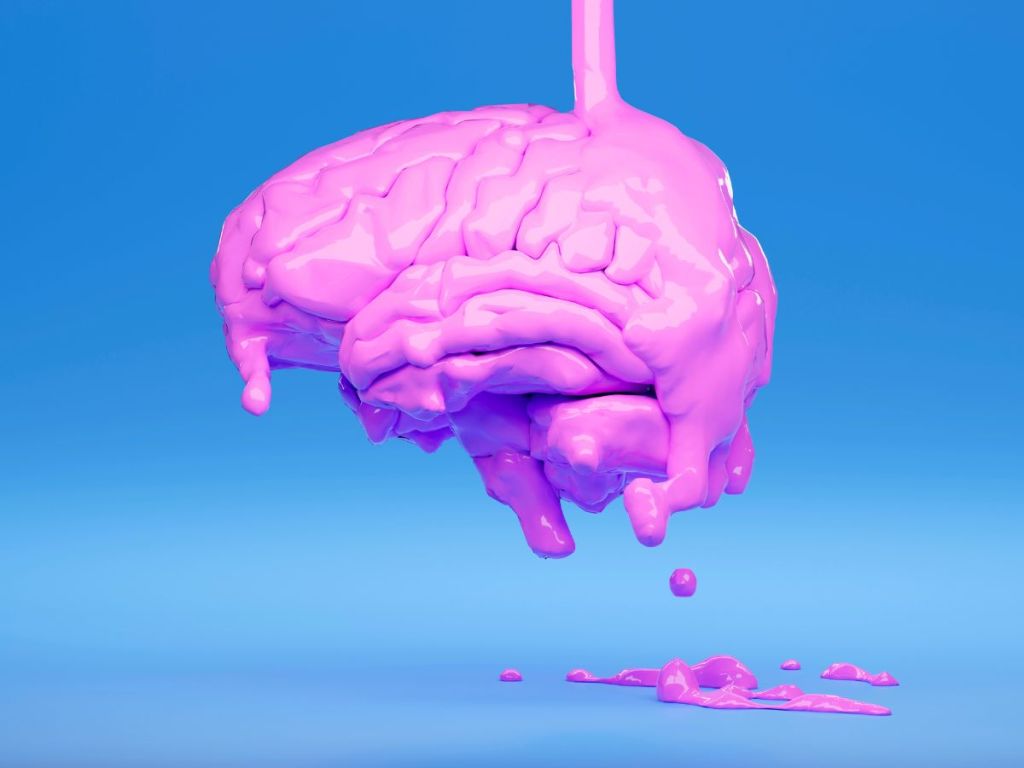It’s normal for many of us to feel stressed over work, but what happens when AI comes into the picture, and potentially performs a task better than we do?
According to a report by Scientific American, some who work in the arts, an industry that is at high risk of being threatened by AI, are reportedly developing “AI anxiety”.
What is “AI Anxiety”?
“AI anxiety” is a condition where an individual develops intense concern or fear about the rise of artificial intelligence, as well as dangers that the technology brings.
According to Scientific American, developing anxiety towards emerging forms of technology isn’t new. Conditions like:
- “Computer anxiety” in the 1980s, where a person resisted learning about computers, and;
- “Technostress” in the early 2000s, where a person experiences psychological pressure when using IT systems
… are examples of emotional or psychological pressures experienced by previous generations over technological advances.
Per Scientific American, AI anxiety manifests when a person worries about “a lack of protection for online data privacy, the prospect of job loss, the opportunity for students to cheat and even the possibility of overall human obsolescence”.
Dr Simon D’Alfonso, senior lecturer in Digital Health Computing and Information Systems at the University of Melbourne, agrees that “the general pattern of anxiety over new technology isn’t unique to the modern era”.
“For example, when the printing press was invented in the 15th century, it caused concerns about the spread of information and the potential heretical or subversive ideas to be disseminated widely,” D’Alfonso says.
“Similarly, the advent of the telephone, electricity and automobile, in the late-19th and 20th centuries, raised anxieties and questions about their social impact.”
It’s real, and it’s okay
As AI continues to advance and outperform white-collar professionals in some areas, it’s not surprising that workers are gradually becoming stressed out about these machines. Being concerned about something in your life is normal. However, “too much anxiety paralyses”, says Dr. Mary Alvord, a practising psychologist in Washington, D.C.
“Much of the discussion we see in the media about the societal implications of AI is focused on the extremes of the argument: AI is here to save us, versus AI will kill us,” explains Assistant Professor Eduardo Velloso, Associate Professor in Human-Computer Interaction at the University of Melbourne.
“To an extent, people are correct in being cautious about the risks of AI, but these fears must be tempered with a realistic understanding of what it can and cannot do,” Assistant Prof. Velloso says.
There are additional ways to alleviate feelings of anxiety. One is to actually confront fears about generative AI by educating yourself about the technology and even trying out some AI tools yourself.
D’Alfonso says that engaging in discussions about AI, staying informed about AI regulations and advocating for ethical AI could be useful steps to take.





